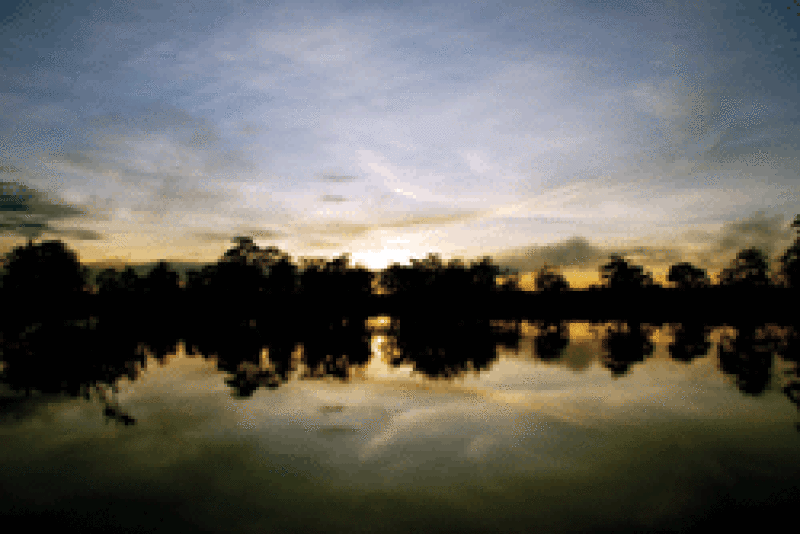
They take up land that could be used to grow crops or farm useful animals; they are impossible to traverse quickly without hydroplanes, and a journey that would take hours by road can take weeks by boat. And they harbour disease and dangerous animals. So it’s little wonder that a previous governor of the Amazonas region of Brazil – in which there are still 157 million hectares of virgin forest – handed out free chainsaws to anyone willing to go and develop what rich westerners would regard as a priceless and inviolable part of our global heritage.
The great challenge in such regions is to provide sustainable alternatives to environmental destruction for the local population. Bald appeals for greenness cut little ice if the felling of a rare tree provides your family with half a year’s income. And when, as is true in Brazil, it is four times as profitable to farm cattle in the frontier country up north as it is in the south, again the forest simply stands in the way of a better life. As this correspondent was also forced to confront, it is also an act of grotesque hypocrisy to ask the planet’s poorest inhabitants to remain in conditions of extreme deprivation to heal the consciences and climate of those who have done all the damage.